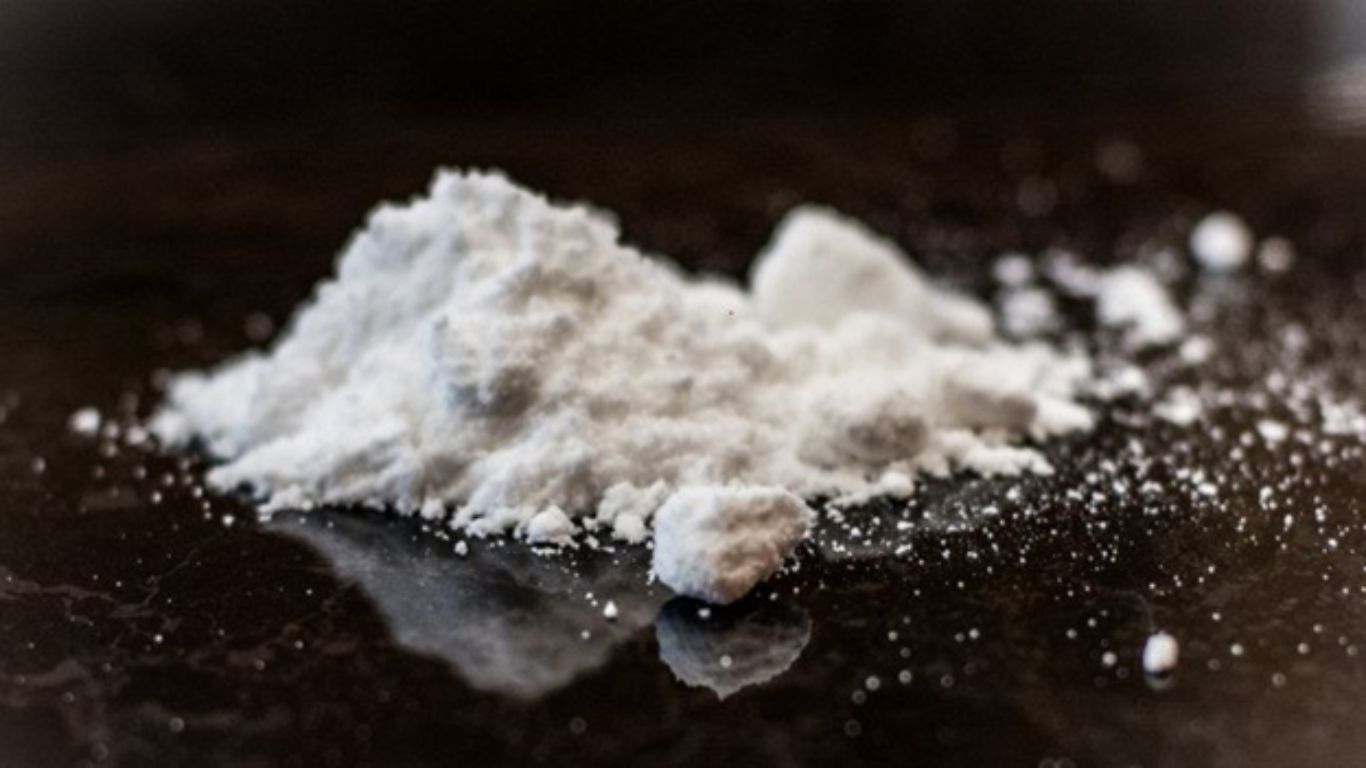Our collective awareness of the chemicals in hair wash, makeup, and other personal care items has grown in recent years. Ingredients like BPA, parabens, and sulphates are often ones we want to keep out of our homes because scientific study has shown that many of them could be harmful to people and the environment. Before we look at one of these, let’s talk about what sulphates are.
What Do Sulphates Really Mean?
This word refers to a group of mineral salts that can be found in nature or made by humans. Pure sulphates can be found in water, air, and dirt. They are usually made when dead plants or animals break down. Naturally occurring sulphates in smaller concentrations (like those found in water) usually don’t cause any problems. However, higher concentrations can make the water taste bad and cause stomach issues.
Human-made sulphates, on the other hand, are often found in personal care and cleaning goods. Sulphates are used in consumer goods because they bind to grease, fat, oil, and dirt and lift them off the surface. They are called surfactants, which means “detergents.”
What Things Do You Usually Find Sulphates In?
This is because sulphates are used in a lot of personal care products to make them foamy, which makes it harder to find shampoos and soaps that don’t have them. Sulphate compounds are also often found in the following places because they can get rid of dirt and grime:
- Shampoo
- Conditioner
- Hand soap in a liquid
- Wash your body
- Toothbrush
- Cleansers for the face
- Intensive Care
- Cosmetics
- Bath bombs
- Laundry soap
- Soap for laundry
- Clean the floor
- Sulphates on a list
Sodium Lauryl Sulphate (SLS) and Sodium Laureth Sulphate (SLES) are the most common sulphate compounds that you can find on the labels of many market goods. But keep an eye out for these other types of sulphates, which are often near the top of a product’s list of ingredients:
- The Ammonium Laureth
- Xylenesulfonate from ammonium
- Sulphate of Ethyl PEG-15 Cocaine
- Sulfosuccinate of Dioctyl
- Sulphate of Lauryl
- This is Lauryl Sulfoacetate Sodium
- Salt Laureth Sulphate
- Salt of Lauroyl Taurate
- What is Sodium Lauryl Sulphate?
- Xylenesulfonate of sodium
- Sulfonate of Sodium C14-16 Olefin
- Sulphate of Sodium Myreth
- Sarcosinate of Sodium Cocoyl
- What is Sodium Lauryl Sulfoacetate?
- Dodecylbenzenesulfonate (TEA)
- Lauroyl Isethionate
- Sulfonate of Alkylbenzene
Basically, there are over 150 different kinds of sulphates. To make sure that the ingredients in your personal care products are safe, look for products that say they are sulfate-free, like Seed Phytonutrients’ shampoo and conditioner, or use the EWG’s Skin Deep database.
Why Does NOT Having Sulphates Matter?
It is important to check the labels of the things you buy, especially when it comes to sulphates, since these chemicals may do more harm than good.
Concerns about sulphates and health
As with other goods, shampoos that don’t contain sulphates, parabens, or silicones are becoming more popular. This is especially true for shampoos that don’t contain sulphates, which has been linked to a number of health problems. Side effects of sulphates may include the following, especially when they are present in greater amounts:
- Skin that is dry (sulphates may take away too much oil, leaving skin red, dry, and itchy)
- Dermatitis and swelling (mostly in people with sensitive skin)
- Pain in the intestines, like cramps and bloating
- Having diarrhoea
- Lung discomfort (usually because of sulphates in the air)
Sulphates have also been linked to infertility, cancer, and problems with development, though it’s hard to find clear evidence for this.
Concerns about sulphates and the environment
Sulphates are man-made chemicals that are usually made from oil or plant-based materials like palm and coconut oil. You may already know why palm oil is bad, but it’s still important to know that products made from it cause habitat loss, deforestation, and problems with the ethics of the supply chain.
Petroleum, which needs to be burned to make it, can also be used to make them. In this case, making sulphate can lead to fine particulate matter, which are tiny air pollutants. It is known that this particulate matter (PM2.5) can hurt your health, make water and soil more acidic, and hurt plants, woods, and ecosystems.
The EPA says that a chemical called 1,4-dioxane is released when SLES is used. This chemical is likely to cause cancer in humans and is very bad for the earth. So, this is the best place to start if you want to know how to stay away from sulphates.
In Short
Sulphates do make a foam that is unlike any other, and they are also very good at getting rid of dirt, oil, and other impurities. But sometimes they can do that too well, which is why they’ve also been linked to skin that is dry, red, and itchy.
Many people are looking for alternatives to sulphates because they are bad for your health and the earth. The good news is that we can still wash, rinse, and clean without sulphates, even though it takes a little longer.

